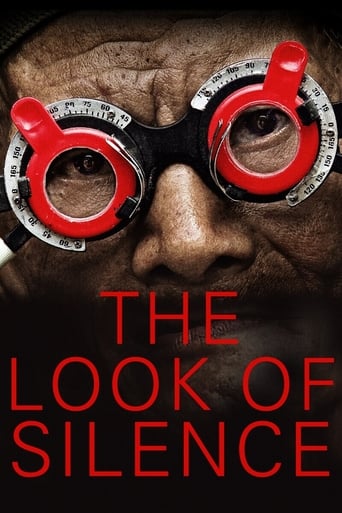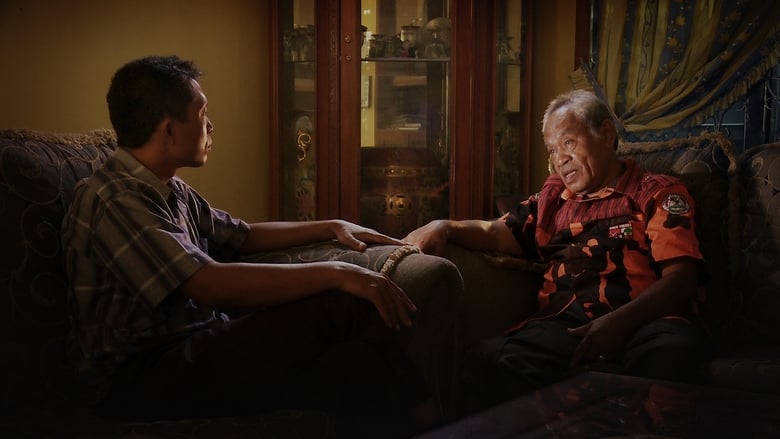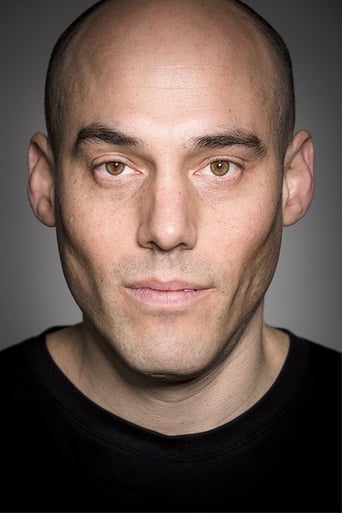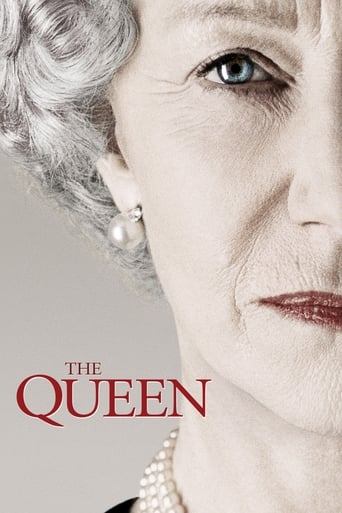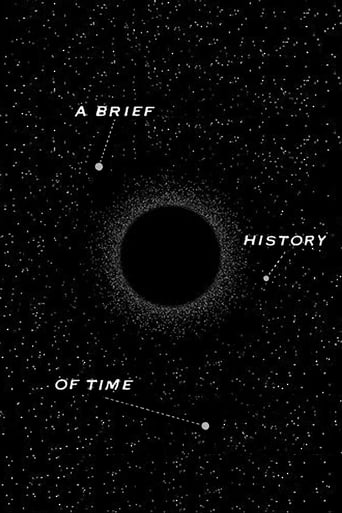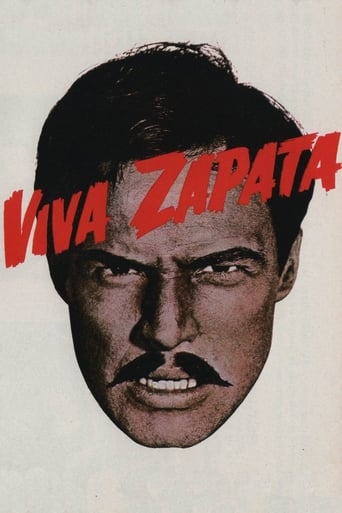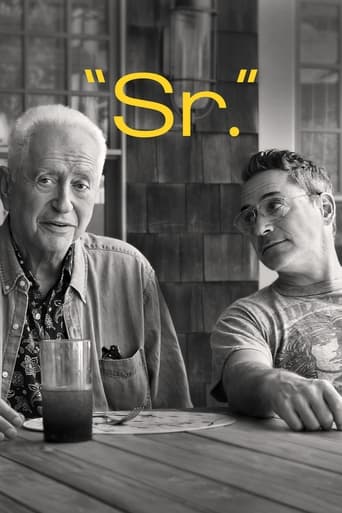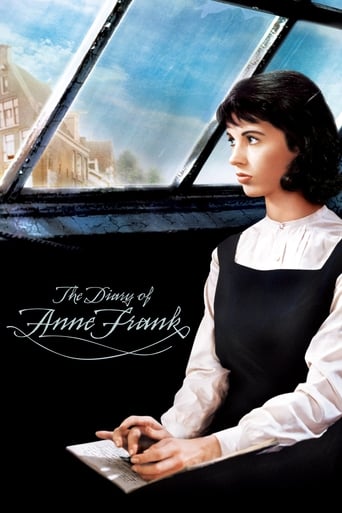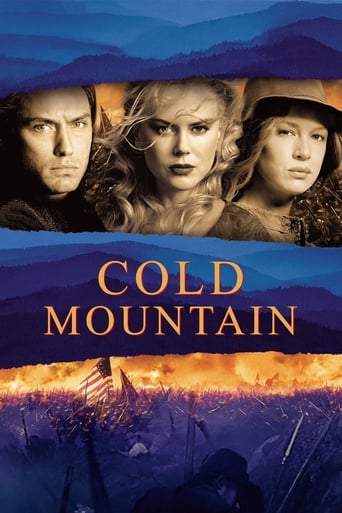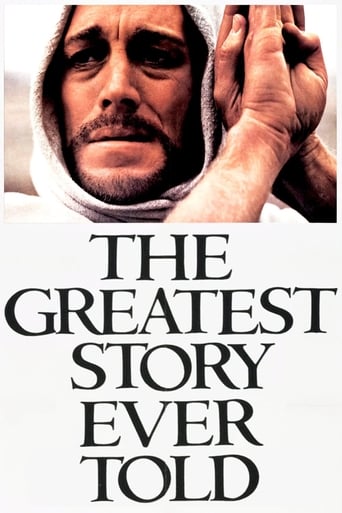The Look of Silence (2015)
An optician grapples with the Indonesian mass killings of 1965-1966, during which his older brother was exterminated.
Watch Trailer
Free Trial Channels
Cast


Similar titles
Reviews
Waste of time
Good story, Not enough for a whole film
it is the rare 'crazy' movie that actually has something to say.
The film's masterful storytelling did its job. The message was clear. No need to overdo.
Reviewed by: Dare Devil Kid (DDK)Rating: 4.5/5 starsA terrifying study in mass moral rationalization, "The Look of Silence" finds documentarian Joshua Oppenheimer returning to the subject matter of his Oscar-nominated "The Act of Killing". That film was about the slaughter of some one million communists in Indonesia in the mid 60s. Oppenheimer met with some of the many killers - none of whom were ever punished and who mostly consider themselves heroes - and had them re-enact the murders they committed. It was grisly and at times surreal. Astonishingly, Oppenheimer has followed his 2013 documentary with an even more powerful film that features much more soul- pricking confrontation.There's nothing surreal about "The Look of Silence"; it's painfully real. In it, Oppenheimer follows a possibly foolish albeit immensely brave and deeply compassionate man named Adi Rukun as he searches out the many people responsible for the particularly gruesome slaughter of his brother, Ramli, who was killed before Adi was even born. The murderers - known as leaders of death squads assigned to different villages - who were sanctioned by the then military upheaval, have lived right alongside the families of the people they killed for more than fifty years now. Many have become rich and powerful. The slaughter is taught as a positive thing in elementary school. One killer even wrote a book - with illustrations - about his exploits.Adi, an optician by profession, uses eye tests as a ruse to get the killers talking. He quickly finds that none of them express regret. It's a frightening illustration of how cavalier the perpetrators of ethnic cleansing can be about their heinous acts. Meanwhile, Oppenheimer seeks out the two men who actually killed Ramli, and they happily take him to the riverside site of the murder and reenact it, after which they smilingly pose for a snapshot. Oppenheimer also spends a great deal of time with Adi's parents - his blind, senile, 103- year-old father and still-grieving, bitter mother. Their rustic village world and the beautiful tropic setting serve as an odd contrast to the countless tales of violence.It isn't clear exactly what Adi is hoping to accomplish - he's unearthing the truth, sure, but no one seems to care much. It's as if an entire country has just agreed to forget, or rewrite, its own awful history, even as this compelling documentary yanks our attention to the fact that the architects of a massive tragedy remain free and unrepentant, serving a chilling warning that it could all happen again. This leaves Adi acquiescingly and stoically listening to horror stories from the perpetrators' mouths, even as you sense the seething outrage behind his eyes. Replete with the potential to induce nausea, "The Look of Silence" is so disturbing because so few people in it seem disturbed.
A fantastic companion piece to The Act of Killing, one of the most deeply disturbing films I've ever seen. But it's not fair to call it a continuation of that film, and what this is revolved around is inherently interesting and riveting in itself. "I knew nothing about it"... the whole film can be summarized in those few words. the film is infuriating in some of the same ways The Act of Killing was, but less so by the mere fact that it's less concentrated on the individuals who committed those acts. And because it concentrates on the family of a victim, it's heartfelt in a way it's sibling film wasn't. Fantastic, thought-provoking, discomforting in the ideas and questions that it touches upon.
A compelling and chilling documentary about the shocking Indonesian genocide which saw over 1 million people killed between 1964-1965. The documentary follows an optometrist (Adi) who visits the men who ordered and carried out the killing of thousands of Indonesian "communists" including his brother (Ramli). A follow up to the Academy Award nominated The Act of Killing, The Look of Silence is a defining work in Joshua Oppenheimer's fledgling career and one which marks a significant moment in documentary film. The insights into the human psyche, and the justification of mass murder are both enlightening and terrifying.The Look of Silence is a film about the Indonesian genocide, but more than this it is a study of human conscience, power and ideological and religious beliefs.I watched the UK premiere along with thousands of others in a simultaneous multi-cinema roll out, this was introduced by Louis Theroux and in his introduction he made an apt and insightful point that the film is so fascinating and enthralling due to the natural human inquisition about human nature and specifically about what evil looks like. The ability of regular people with families and, in this case, strong religious beliefs, to brutally murder millions of people, is baffling to the human mind. The questions that flick through your mind when watching this film are not ones that have a single answer: Why would someone do this? How could someone do this?, this film goes a long way to answering these questions. Through the meetings which Adi has with the death squad leaders who ordered his brother and so many others to be killed, there is a total belief by them that what they did was just and right. Never have I seen such unwavering belief in a cause set on destruction.The focus on one mans murder brings the national tragedy into perspective. An often quoted statement by Stalin that 'The death of one man is a tragedy. The death of millions is a statistic' rings true and Oppenheimer has used the tragedy of the murder of Ramli to accentuate the murder of a million others and to show the personal struggle which millions of others have had to go through in the 50 years since the genocide.Many comparisons will likely be made between this documentary and those detailing the Jewish Holocaust in the 1940's, however this is a very different case. The power which the perpetrators of the Indonesian genocide still have within the country allows them the status of heroes and explains the complete conviction of those involved. The "heroes" who are spoken to dehumanise the people they killed talking of them as if animals, they describe with great detail how they killed them often laughing, as if a justification to themselves that what they did was natural and casual. They are free, free from persecution as they hold the power, free from criticism as they instil fear in the people. Through the meetings between Adi and these men, Oppenheimer is able to anthropomorphize them and position what they have done in the realm of understanding. Often with documentary films about atrocities such as this, the perpetrators are portrayed as monsters who have committed unspeakable crimes, Oppenheimer's method of speaking openly about the killings with the people who carried them out gives the film a gravitas not seen since Shoah. This is the great strength of the film, the honesty of it.
Focussing on a single family who during what is now known as a genocide in the late 1960s, who lost their eldest son. Adi, who wasn't born at that time, has a deep and personal commitment to not just finding answers that his whole family was asking, but to setting his country on a path of truth and reconciliation. Amazingly, the perpetrators of the genocide were still in positions of power. The interview showed Adi time and again facing perpetrators of the genocide – those indirectly involved with his brother's killing – and later with those who were directly involved. Throughout the documentary, Adi showed his calm nature, even when tested and even when displaying his resilience and determination to hear the truth. While steps were taken to protect Adi, thinly veiled threats to his safety where made – leaving the viewer in no doubt that he had literally put his life on the line.Adi in person, at the Q&A session after the showing at Telluride, his answers (translated by director Joshua), his persona and his body language conveyed a disarming softness, a humbleness and an absolute commitment to the truth and reconciliation of his country.I was honored to shake Adi's hand, to exchange a few words of greeting.There is no doubt in my mind that I was in the presence of someone very special, someone who through his own deep and personal commitment was in the process of making the world a better place.

